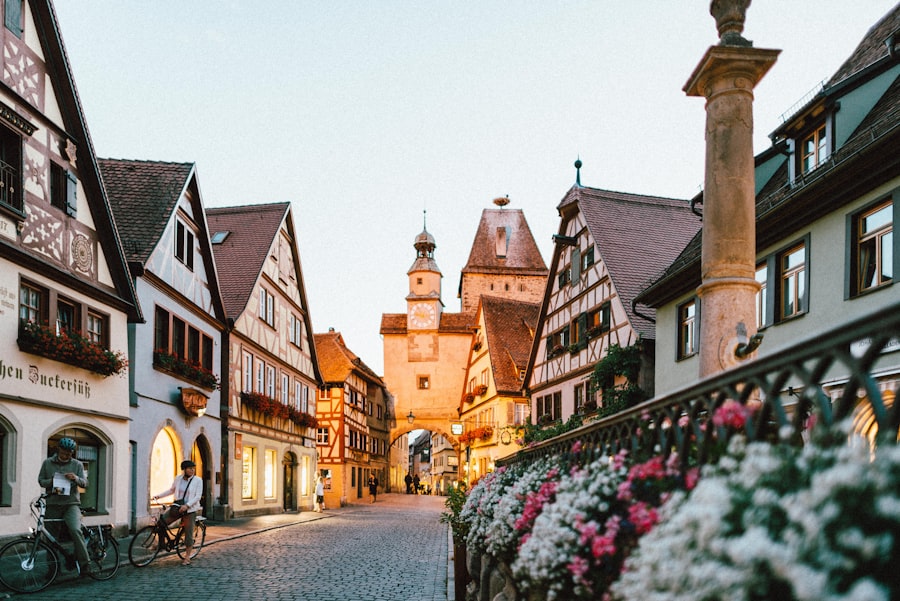I spent nearly a week between two households staying with friends and family. There's a lot that could be said, much of it pointless as the normal fluff, but I'll look at overall culture/impressions, energy, driving, and immigration. It may take more than one post.
The first shock for a friend who'd been stationed there before was the public transit. Leaving aside that we missed a train because our line was actually, despite scheduling and arrival indicators, not the one that pulled up at the platform, arriving out of order. This was already unheard of, but then that friend was further shocked by something that only varied in cuisine for me from my times in Atlanta, NYC, and DC - the extensive presence of vibrancy on the train. "I don't think anyone in the car is speaking German".
Going through the countryside on the various connection and express lines, as well as after we were picked up by another friend, the thing that stuck out the most was how distributed everything was. Not far apart, like towns in the midwest or Minnesota, but instead, outside of the major cities, towns and villages everywhere, surrounded by a moderate chunk of farmland, followed by another set of towns and villages, most close enough to conveniently walk from one to the next. Our friend's children went to a kindergarten "downtown" within 10-15 minutes walking distance, and there were perhaps a few restaurants proper within the town center, with no fast food. Places like Burger King - which we saw far more of than McDonalds in Norway - and so on were concentrated in the commercial centers of larger towns or in the cities, or at roadside rest/gas stops.
At the relative's home, they had a compound where several branches of the family lived in what was built out from a foundation over a hundred years old. One larger building that was two de facto households with separate kitchens, etc. in one large building, and another built in a space that used to be a livestock barn. They still had shares in a field just outside of the village, you could see it if you walked to the corner. Across the village, another family we knew had several homes built up as well in the compound, with several generations using several floors of one building, and a more sprawling single-story structure being both home and workshop for a watchmaker who'd gone into business for himself after quitting the village watchmakers shop where he got his start.
In a very real way these people knew their neighbors, often across generations, in a way most of us in the states simply cannot grasp unless we had a large family we kept touch with.
Which brings me to immigration. The relatives we were staying with were by no means hard right, even by German standards, but when we carefully mentioned our train ride, a palpable bitterness came out. About the neighbors planted a block away in the small village that were noisy and disruptive. About how much less safe the public lines were despite the police and government pretending there's nothing to see. About the deep and slow resentment that even noticing these things got one labeled fascist or Nazi by many while the money they worked hard to earn was sucked up to pay for freeloaders who didn't want to assimilate.
As I said, these people were by no means nationalists - they wanted refugees, etc. , to be helped - but they wanted them to appreciate what they were given, integrate, and contribute as well.
I had the surreal experience of one extended family member who worked in womens medicine, an immigrant herself from a "latin" country, bitching about the behaviour of muslim men and how they treated their daughters and wives, how proud they were,, how dismissive of the Germans, how they considered themselves superior, and did not want to integrate.
There is a slow and deep resentment building up, with the natives, and those allied with them, who want Germany to be German on one side, and everyone else on the other.
I'll deal with driving, and energy, later.

